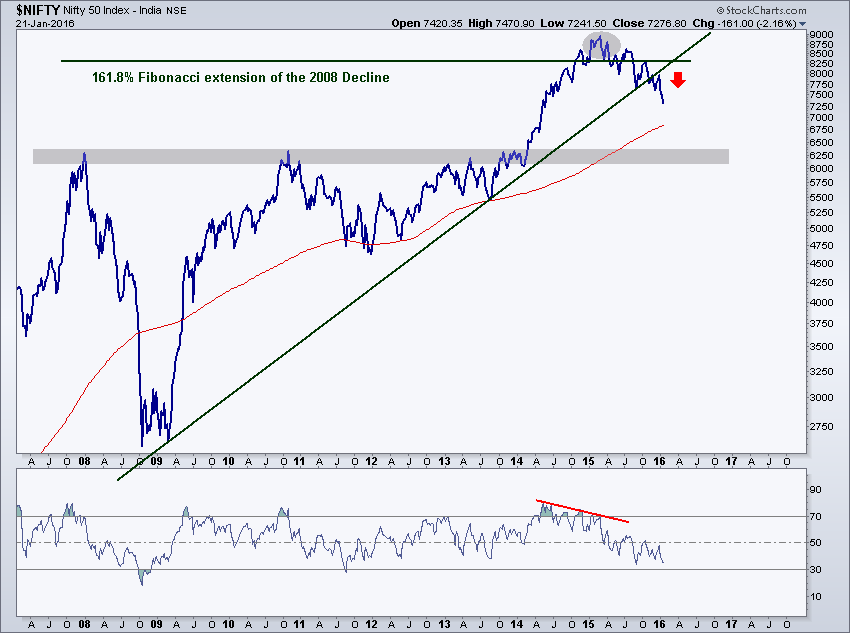
The Nifty 50, also known as the Nifty, is a stock market index that comprises of 50 companies listed on the National Stock Exchange (NSE) of India. It is considered as the benchmark index for the Indian equity market, providing investors with an overall picture of the performance of the Indian stock market. In this blog post, we will be discussing how mastering the Nifty 50 can be a key to successful stock market investing in India.
The Nifty 50 is a market capitalization-weighted index, which means that the companies with the highest market capitalization carry more weight in the index. This helps to ensure that the index reflects the performance of the largest and most financially sound companies in the Indian stock market. The index is calculated based on free float market capitalization, where the level of the index reflects the total market value of all the stocks in the index relative to a particular base period.
Mastering the Nifty 50 requires an understanding of its components and how they are selected. The Nifty 50 comprises of companies from various sectors such as finance, energy, healthcare, and IT, providing investors with exposure to different industries and reducing the risk of a single stock or sector. The companies in the Nifty 50 are some of the most well-established and financially sound companies in India, and they are considered to be the blue-chip companies of the Indian stock market.
To master the Nifty 50, investors should conduct thorough research on the individual companies that make up the index. This will provide them with a better understanding of the companies' financial performance, growth prospects, and potential risks. By identifying companies with strong fundamentals and positive outlooks, investors can make more informed investment decisions and potentially achieve profitable returns.
Another important aspect of mastering the Nifty 50 is understanding its historical performance and any patterns that may have emerged over time. This knowledge can help investors identify trends and make predictions about future market performance. Additionally, monitoring the index regularly and staying informed about any changes to its composition can help investors make timely adjustments to their portfolios.
It's also important for investors to keep in mind that the Nifty 50 is not a perfect indicator of the stock market's performance, as individual company performance may differ from the index as a whole. Therefore, it






0 Comments:
Post a Comment